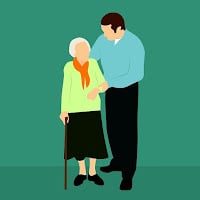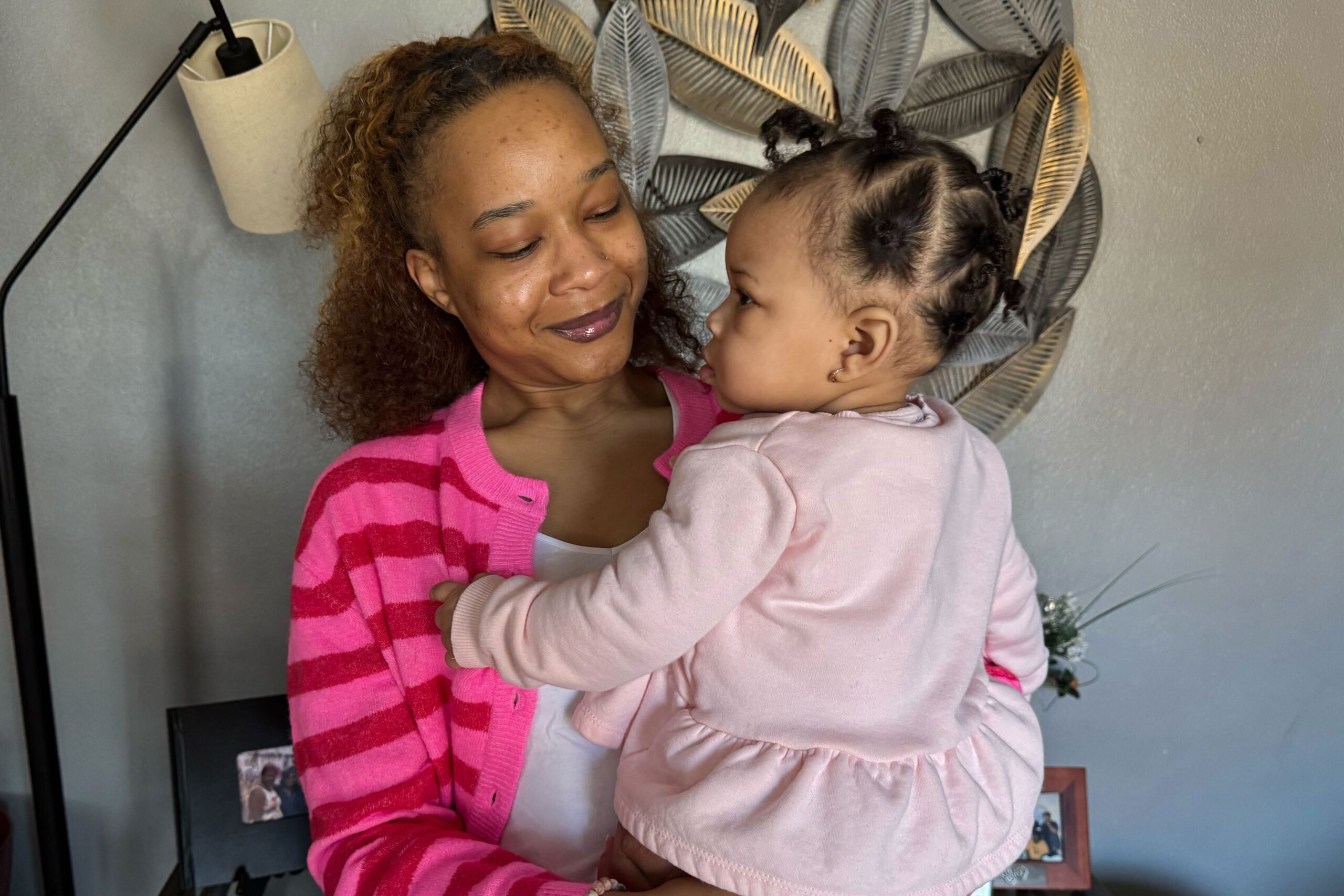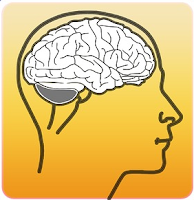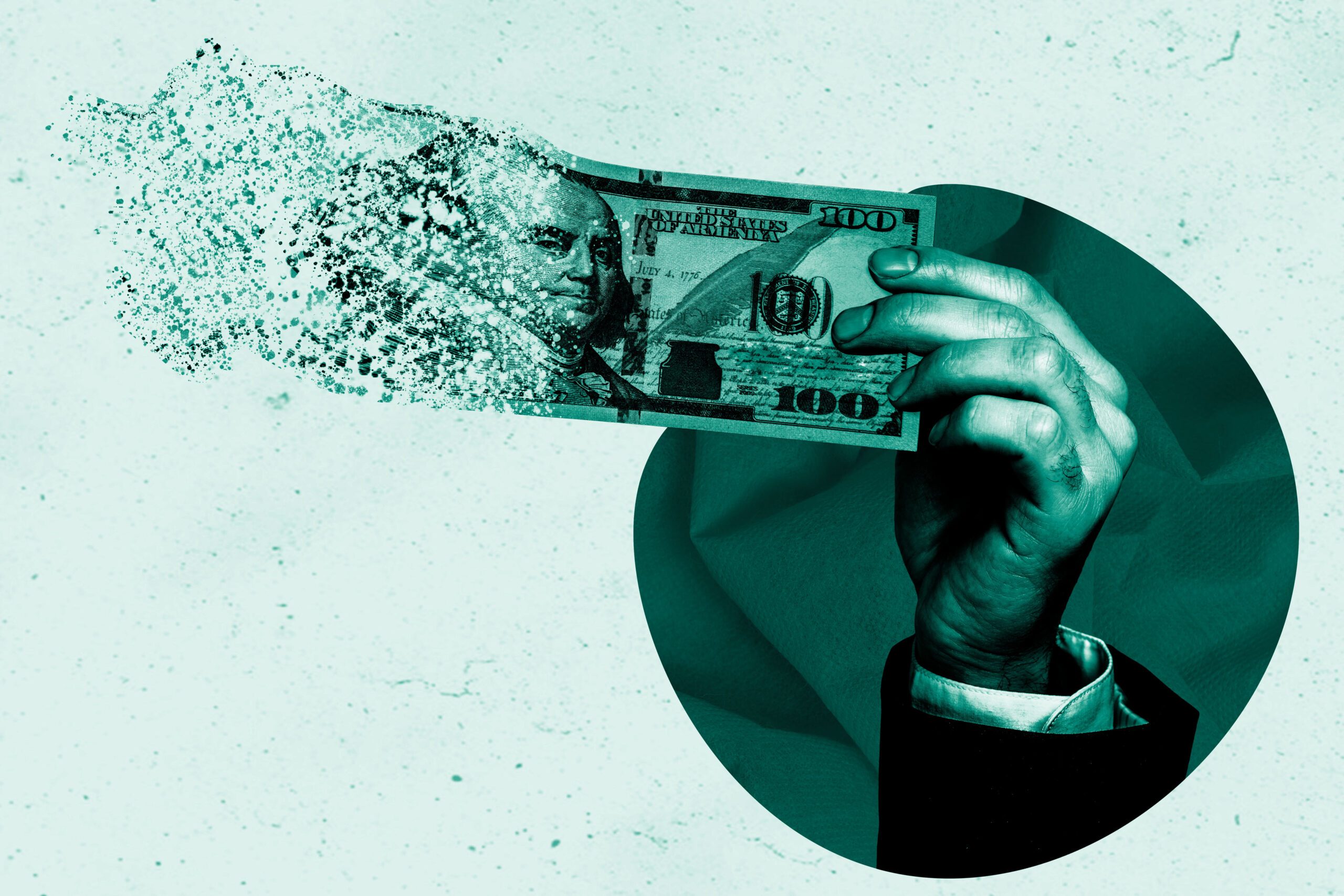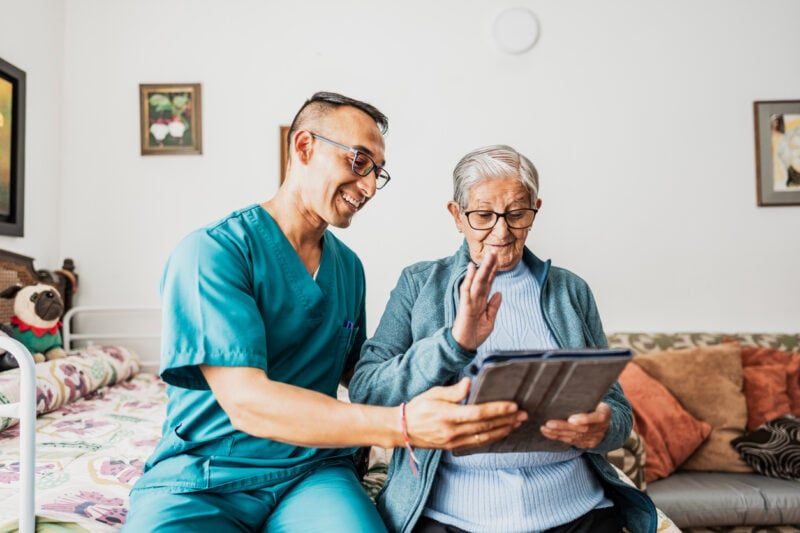Millions of people in the United States suffer from social anxiety disorder, with more than 75% of those cases beginning sometime in childhood. The causes are many, but so are the side effects. However, generalized social anxiety is not the same as basic, situational nervousness. So, how do you tell the difference, and when it the best time to get professional help? Let’s find out.
Why do you get nervous sometimes?

We all want to live happy and adventurous lives, but nervousness is a natural reaction to unfamiliar territory. It’s the emotional stage that occurs right before fear kicks in, and it’s used by the brain to heighten senses and prepare for conflict. People get nervous for a wide variety of reasons, so not all anxious spells are caused by social anxiety disorder.
In fact, only about 7% of the American population has been officially diagnosed with the condition. Less severe and/or acute episodes are typically caused by situational stressors. Thus, there’s a very thin line between regular, expected nervousness and a diagnosable mental health disorder.
What is social anxiety disorder and how is it caused?
Social anxiety disorder, also known as “social phobia,” is a chronic mental health condition which significantly hinders a person’s ability to feel or act normally in social situations. It often causes irrational fear and anxiousness, with some people even experiencing heightened self-awareness and/or embarrassment for little to no reason.
Those who suffer from this disorder often find everyday situations more stressful than others. They frequently concern themselves with avoiding potential humiliation or regret. Additionally, they typically worry about being judged negatively by others or are preoccupied with woes about possibly offending a stranger.
Social anxiety disorder is usually caused by trauma, abuse, or rejection, and it can last for several months or an entire lifetime depending on how it’s handled. Meanwhile, this disorder is thankfully treatable but it does require an official diagnosis by a medical professional.
5 signs you need help with social anxiety disorder
Many times, the first step toward solving a problem or treating a mental health issue is acceptance. You may not want to have social anxiety but ignoring the signs can cause even bigger hiccups in your life. So, here’s how to tell if you need help with it:
#1. You Cut Yourself Off from the Rest of the World
Not wanting to interact with others can play a tremendous role in how you live and work each day. It can also cause more anxiety and eventual depression. So, if you purposefully choose hobbies and careers that remove you from group settings or social gatherings, it could be a sign that something is wrong.
#2. You Frequently Deal with Bouts of Depression
Being a social hermit isn’t good for your health. In fact, many studies have linked it to major depression – a somber mental health condition that can have a big impact on your physical wellbeing. That, in turn, may lead to several other serious issues, including:
• High blood pressure
• Heart palpitations
• Heart disease
• Generalized anxiety
• Agoraphobia
• Substance abuse
The thing about major depressive disorder is that it’s sometimes hard to spot. So, look out for the signs of that too.
#3. You Have a Generally Low Self-Esteem
Those who try and fail to assimilate into everyday social situations may start to feel inadequate in many ways. Combined with their already compromised self-image, too much alone time can then cause negative thoughts and destructive emotions to emerge. So, if you notice that you’re not feeling very good about yourself anymore, it could be a sign of social anxiety disorder and not just nervousness.
#4. You Actively Avoid Certain Situations
Do you go out of your way to evade invitations while secretly wishing you could go? Are you constantly worried about being the center of attention? How does it feel to know people are talking about you? If any of those scenarios made you uncomfortable, you may need therapy for social anxiety disorder.
#5. You Have Problems in Your Life Because of It
Social anxiety doesn’t have to ruin your life but it can if you’re not careful. In some cases, it may even prevent you from getting higher-paying jobs or a “yes” to requests for a date. As a result, your anxieties could hold you back in life or cause issues where there shouldn’t be any.
How to find treatment for social anxiety disorder
To find the best treatment options for social anxiety, or to get help telling the difference between that and regular nervousness, seek help from a licensed mental health professional who specializes in anxiety disorders.
The final verdict
There may be a thin line between being nervous and having diagnosable social anxiety disorder, but you can spot the contrasts if you know what to look for first.
Photocredit : iStockphoto.com
The post When To Seek Professional Help for Social Anxiety Disorder appeared first on The Good Men Project.
Original Article

